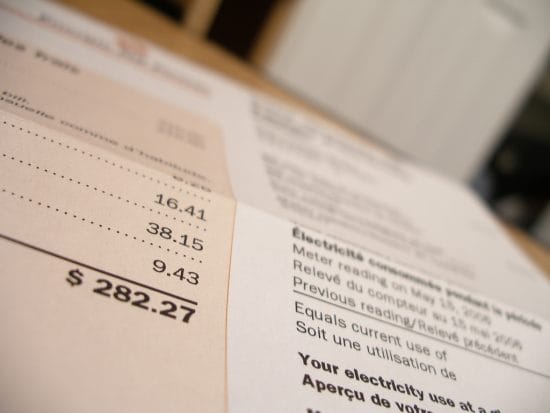
How you manage your money is extremely important. Many people are constantly broke or may not even be able to afford some of the basic necessities because they do not know how to manage their money. It can influence everything: where you live, what you drive, how you live and what you do in your spare time. By managing your money properly, you can change your entire life. Here are a few simple steps to improve your finances:
Keep Track of Your Spending
Start tracking. Tracking your daily, weekly and monthly spending is extremely important, and it is the first thing you need to do to determine where your money is going. Sometimes, people don’t realize what they are spending their money on (and whether they need it or not). For example, you may spend $25 a week on coffee at the drive thru, which is an additional $100 each month you are spending for no reason. When looking at your spending, there’s usually a few surprises (small expenses can add up).
You can keep track of your spending a few different ways:
- The old fashioned way: keep your receipts and write all of your expenditures down on paper. You may even want to use some type of software or excel sheet to keep track of it. The important thing here is to track everything as soon as possible to keep all of your records accurate (even your guilty splurges).
- OR, you can set up a money-tracking account with a finance app, like Mint. Mint will have all of your accounts linked to it and look at every bill, every night out, every little thing you spend money on.
After tracking spending for a month, you will probably see some places where you can cut spending. This is the perfect time to set up a budget.
Set up a Budget
Set a budget or a spending plan. To “get ahead” financially, you need to spend less than you earn. Every source of income needs to be recorded as well as monthly bills and necessities. After that, you should plan out how you should spend the remaining funds.
When you are making a budget, you can also plan for “irregular” bills like car insurance and set aside “emergency” funds for unexpected expenses. You can review your budget every few months or when there is a change in your income (or spending).
Start Saving
Now that you know where your money is going and you’re spending less than you earn, you can start saving. To get ahead financially, you need to set aside a percentage of your money. If you are just starting to manage your money, you probably are not used to setting it aside and usually just spend it as you make it.
The easiest way to save is to have a portion of your paycheck automatically put into a savings account, IRA or 401(k). If you do not have the option to do so at your job, you can have your bank account automatically drafted each month and invested in a mutual fund. Saving 10 percent of your income is a common goal and is a good amount to start with. But once you get used to saving, you may want to increase that to 20 percent or more.
Tracking, budgeting and saving will make your life so much easier. Once you take these steps to manage your money better, you will notice other parts of your life are better as well.


Amanda Blankenship is the Chief Editor for District Media. With a BA in journalism from Wingate University, she frequently writes for a handful of websites and loves to share her own personal finance story with others. When she isn’t typing away at her desk, she enjoys spending time with her daughter, son, husband, and dog. During her free time, you’re likely to find her with her nose in a book, hiking, or playing RPG video games.





Comments